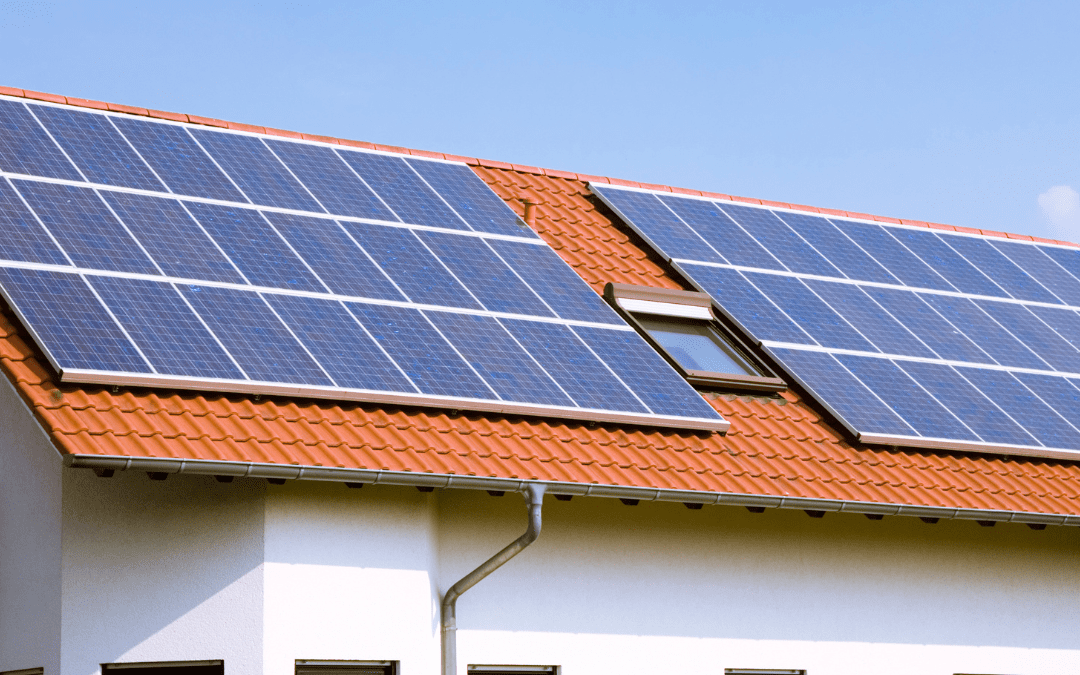So you’ve decided to go solar.
That’s great! But how are you going to pay for it?
Purchasing and installing solar panels is not cheap. Solar panels are an investment, allowing you to reap the long-term savings and clean energy benefits of solar energy. High prices have lead to solar panels leasing as a popular route for those looking to go solar without going broke. As attractive an option as it is, there are some tricky aspects that one needs to be aware of before committing to a solar lease.
Here are some key things you need to know before leasing solar panels for your house.
What is a Solar Lease?
A solar lease is a financing agreement between a homeowner and a solar company that owns and installs panels for the consumer. For a fixed monthly price, the stress of solar system installation costs is removed for households, streamlining their transition to clean energy.
The Pros and Cons of Leasing Solar Panels
Pro #1: No initial cost
The biggest perk of a solar lease is it removes the financial burden of purchasing and installing solar panels, which is a huge barrier for many people who want to go solar but simply can’t afford it.
Con #1: Don’t qualify for tax credits & savings are not substantial
One major downside of a solar lease is it automatically disqualifies you for any type of solar incentive or tax credit which would save you more money. This is because under a lease, you are not the actual owner of the solar system, instead you’re renting. In addition, the savings are low. Yes, your electric bill is reduced thanks to solar energy, but you still have to pay for your leased solar panels each month on top of your regular utility bill.
Pro #2: No need to worry about maintenance (typically)
As you do not own your solar panels under a lease, the solar company that provides the panels is fully responsible for any maintenance when issues arise. They should also cover the costs of removal and reinstallation of the panels if you ever need roof work done. It is important to properly research the company in advance to confirm that is the case. Some might try to charge you as much as $200 per panel!
Con #2 : Might be a problem if you ever try to sell your home
A solar lease facilitates access to solar energy in the short term but it could be an inconvenience when you want to sell your home. Even though solar panels can typically boost a home’s value (when you own your panels), potential buyers may not want to take over your monthly lease payments, lowering interest in your property.
It is important to pay attention to every detail before committing to a solar lease. Here are some common questions to keep in mind as you decide if this the right option for you:
How much of my electric bill will be offset by the system? That depends on the size of your solar system and your electricity consumption.
Is there a lien on the property for the system? Usually no. For example, in the case of Sunnova, a solar leasing company, the leasing company may choose to affirm its ownership of the solar panels by filing a Uniform Commercial Code filing (UCC-1).
What is an escalation rate? A solar lease contract will typically include an escalation rate to account for any future increases in the price of electricity. This usually stays between 1% and 5% and is applied to your monthly payment every year. Be sure to keep an eye on your payments to make sure you’re not accidentally paying way more than you signed up for.
What happens in case of overproduction or underproduction? Users benefit from net metering (receiving solar credits for any excess energy produced) when your system overproduces. If it underproduces, you’ll need to use more power from the grid which will raise your monthly electric bill. Remember that the solar energy produced has no effect on your monthly lease payment.
So is a Solar Lease Worth It?
If you come from a low-income background, don’t own a home, or are currently retired, you could yield high benefits from leasing your solar system. Nevertheless, it’s important to keep in mind all aspects (good and bad) of a solar lease so you can make the most informed decision for yourself.

